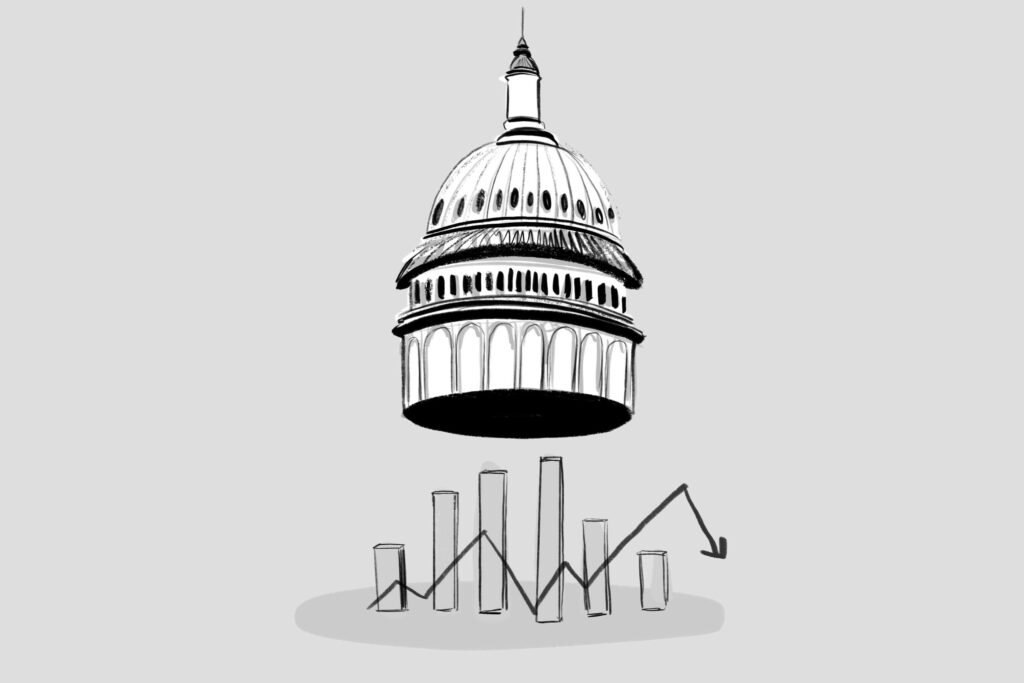
Table of Contents
The Crucial Role of Government and Business in Shaping Investments
Investments play a pivotal role in the economic development of any nation. The collaboration between government policies and business strategies ensures the smooth flow of capital, innovation, and growth. Understanding the respective roles that government and businesses play in investments can help identify opportunities for economic advancement and development. This article dives deep into how these two entities contribute to fostering a robust investment environment.
The Government’s Role in Investments
1. Policy Formulation and Economic Stability
Governments act as architects of the investment ecosystem by formulating policies that ensure economic stability. Through monetary and fiscal policies, governments control inflation, manage public debt, and stabilize currency rates. These factors are essential to creating an investment-friendly environment, attracting both domestic and foreign investors.
- Tax Incentives: Governments often provide tax breaks or reduced tax rates for specific industries to encourage investments in high-priority sectors.
- Regulatory Frameworks: A clear and transparent regulatory framework protects investors and minimizes risks, which is vital for sustainable investment growth.
2. Infrastructure Development
Governments invest in critical infrastructure such as roads, ports, telecommunications, and power grids. These projects not only generate direct economic benefits but also enhance the attractiveness of the region for businesses seeking investment opportunities.
- Public-Private Partnerships (PPPs): Governments frequently collaborate with businesses in PPP models to fund and manage large-scale infrastructure projects efficiently.
- Smart City Initiatives: Modern governments are increasingly focusing on building “smart cities” to attract technologically advanced industries.
3. Facilitating Innovation and Research
Investment in research and development (R&D) is vital for economic progress. Governments fund academic institutions, research bodies, and startups to foster innovation and pave the way for emerging technologies.
- Grants and Subsidies: Offering financial aid to innovation-driven industries such as renewable energy, artificial intelligence, and biotechnology.
- Intellectual Property Rights Protection: Strong IP laws encourage investments in R&D by ensuring businesses reap the rewards of their innovations.
The Role of Businesses in Investments
1. Mobilizing Capital
Businesses are the primary drivers of investments, mobilizing capital from various sources such as equity, debt, and retained earnings. They utilize these funds to expand operations, launch new products, and enter emerging markets.
- Corporate Bonds and Stocks: Issuing bonds and stocks allows companies to tap into investor capital while offering them a return on their investment.
- Foreign Direct Investment (FDI): Multinational corporations often bring substantial investments to local economies, creating jobs and enhancing trade.
2. Innovation and Technological Advancement
Private enterprises are at the forefront of innovation, leveraging investments to develop cutting-edge technologies that transform industries.
- Industry Disruption: From electric vehicles to fintech, businesses use investments to disrupt traditional sectors.
- Collaboration with Academia: Many corporations partner with universities and research institutions to co-develop innovative solutions.
3. Corporate Social Responsibility (CSR)
Businesses play a role in socially responsible investments that align profits with societal benefits. Through CSR initiatives, companies contribute to sustainable development and community welfare.
- Green Investments: Many businesses are investing in environmentally friendly projects to combat climate change.
- Community Development: Companies often fund educational, healthcare, and housing projects in areas where they operate.
Collaborative Efforts Between Government and Business
1. Investment in Sustainable Development
Sustainability is a critical area where governments and businesses collaborate. From renewable energy projects to eco-friendly manufacturing, joint investments in sustainability are shaping the future.
- Carbon Credits and Green Bonds: Governments offer incentives for businesses to invest in reducing carbon footprints.
- Circular Economy: Companies and governments work together to promote recycling and waste management systems.
2. Enhancing Global Competitiveness
Governments and businesses join forces to improve the global competitiveness of a country through initiatives such as:
- Export Promotion: Governments provide subsidies and market access, while businesses expand product lines for export.
- Skill Development: Governments launch training programs in collaboration with businesses to develop a highly skilled workforce.
Challenges in Government-Business Investment Dynamics
While the collaboration between government and business is crucial, challenges persist:
- Regulatory Hurdles: Excessive bureaucracy can stifle private sector enthusiasm for investments.
- Policy Inconsistencies: Frequent changes in government policies can deter long-term investment planning.
- Market Risks: Businesses face risks such as fluctuating demand, political instability, and economic downturns.
Strategies to Strengthen Government-Business Investment Collaboration
To overcome these challenges and maximize the benefits of collaboration:
- Streamlined Regulations: Simplifying compliance procedures can encourage business investments.
- Long-term Vision Plans: Governments should establish stable policies with a long-term outlook to attract sustainable investments.
- Incentive Alignment: Both entities must work towards shared goals such as economic growth, job creation, and technological advancement.
Investments serve as the backbone of economic progress, and the interplay between government and businesses determines the success of these efforts. By fostering a collaborative environment, nations can attract substantial investments, promote innovation, and achieve sustainable development.
